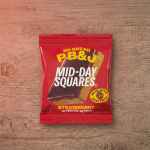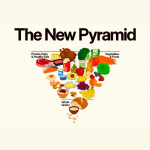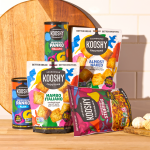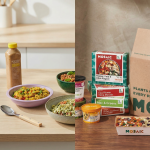JBS Hack Could Make Meat Snack Prices Head Upwards
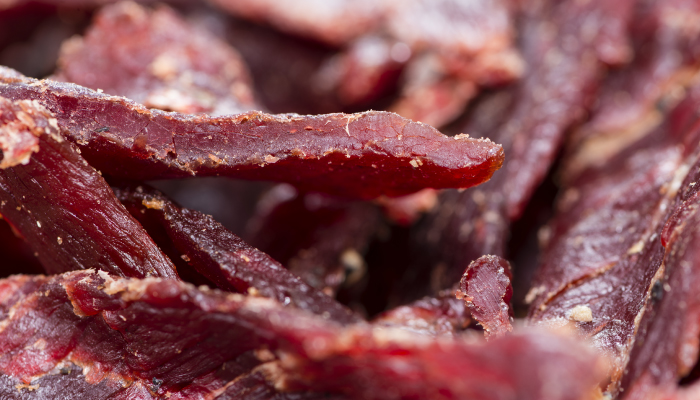
What Happened?
Over the weekend meat producer JBS USA announced it had been the target of a cyber security attack with some of the servers supporting its North American and Australian businesses being taken offline. As a result of the attack, many of the company’s plants in the U.S., Canada and Australia had to temporarily halt production — with 13 plants in the U.S. taken offline.
JBS’s plants in Mexico and the UK were not impacted. The company said its backup servers were not affected by the breach and no customer, supplier or employee data was compromised.
With over 150,000 employees, JBS is one of the largest food producers in the world, spanning six continents and over 100 countries. The company says it is the number one global beef and poultry producer, and second largest global pork producer. As of its first quarter earnings call earlier this year, net revenue was $75.3 billion (up 33.2% year-over-year) with JBS USA Beef revenue at $30.4 billion and JBS USA Pork reporting revenues of $8.8 billion.
Beyond its own brands, which include Pilgrim’s, Grass Run Farms, Adaptable Meals, Swift Prepared Foods, JBS is a supplier for many other companies — and it’s here where the natural products industry may see the most impact. Over the past year meat supply chains have already been strained by the Covid-19 pandemic, with companies facing labor shortages, shipping increases and rising prices of supplies like pallets and shipping boxes. So, the cost of yet another interruption may be high, particularly for meat snack brands where margin has already been a struggle.
What’s the Status?
Yesterday JBS reported that it was able to ship products from “nearly all of its facilities” to customers. However, some of the production lines continue to remain offline. Andre Nogueira, JBS CEO, said the company expects the “vast majority” of its beef, pork, poultry and prepared foods plants to be operational today.
“Our systems are coming back online and we are not sparing any resources to fight this threat,” Nogueira said. “We have cybersecurity plans in place to address these types of issues and we are successfully executing those plans.”
How It’s Playing Out for Brands
There’s certainly the potential for the hack to impact meat brands, especially ones who have not yet set up robust supply chains — such as smaller, emerging brands — or for larger producers who use JBS as a supplier. But even brands that don’t work with JBS may be impacted. As demand hasn’t shifted while supply has gone down, other meat producers may also charge more for their beef, chicken and pork.
Though meat snack brand Country Archer doesn’t source its grass-fed beef from JBS, CEO and founder Eugene Kang said the shutdown will likely cause disruption throughout “the whole vertical” of meat snacks as it will mean “supply will be weaker and cause protein prices to rise.” Kang added that the meat industry as a whole already was facing labor shortages, causing prices to rise.
The hack has also raised concerns about the amount of consolidation that the meat industry has seen. Much of the industry is controlled by several large corporations, which include JBS, Tyson and Cargill, so an impact to one corporation in the supply chain can have an outsized effect. But working with smaller producers can be tricky as well. Kang said that one of his suppliers, Richard’s Ranch, last year struggled to gain line time at meat processing facilities during the pandemic.
“When COVID first hit there was a shortage of line time at harvest houses…thus causing small ranchers/producers like Richards to get squeezed out,” Kang said. “This has also been accelerated this year due to the country reopening so quickly and labor shortage being a huge issue for most producers across the country.”
Still, some meat snack brands don’t foresee the JBS situation impacting their businesses. While unable to comment in depth due to a pending IPO, Stryve CEO Jaxie Alt says there has been no disruption for the company, which produces air dried beef snacks, nor does she expect one to occur.
To date, she added, Stryve has successfully avoided supply chain disruptions due to the pandemic. However, she noted, that doesn’t mean prices of ingredients have remained constant. As a product based on a commodity item, meat snack margins are harder to maintain
“The cost of our raw materials is subject to volatility and can fluctuate due to conditions that are difficult to predict,” Alt said.


